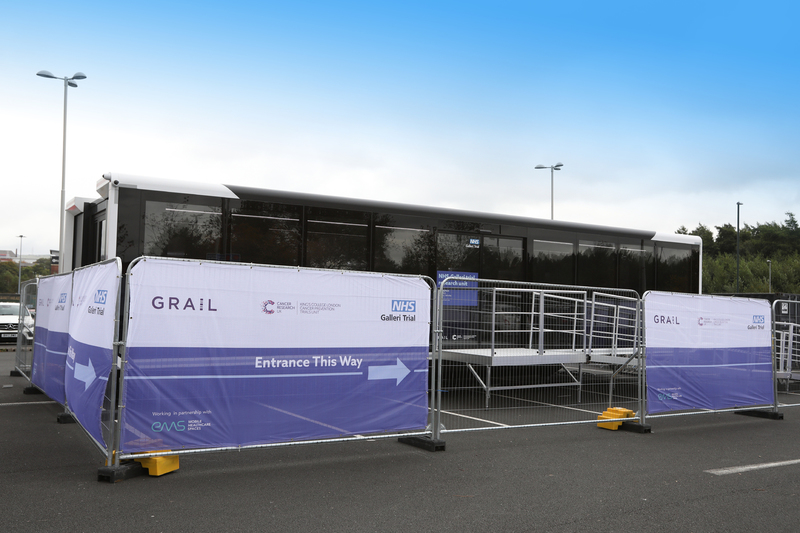
A BURY man with a learning disability is supporting a campaign to urge others with similar conditions to use their Bowel Cancer Home Testing Kit.
Each month, the NHS posts out more than half a million free Faecal Immunochemical Test kits (FIT) to people to use in the privacy of their homes. The test can detect early signs of bowel cancer.
Stephen Owen, 64, from Whitefield, Bury, completed his screening with the help of the Learning Disability Flagging Project which helps people with learning disabilities take part in the national Bowel Cancer Screening Programme. Now he’s hoping that his story will encourage other people who live in Greater Manchester to do the same.
Community Learning Disability Teams are notified in advance when a patient with a learning disability in their care is due to be invited for their bowel screening kit. They then help and support the patient to complete the test.
Caroline Mattinson, Cancer Screening Improvement Lead from the Pennine Bowel Cancer Screening Programme, said: “Our team helps and encourages the patient to do the FIT test. The project has had a positive outcome on the adults with a learning disability who have taken part. This is helping to reduce health inequalities and ensure that people with learning disabilities can access bowel cancer screening.”
Nicky Bennett is a specialist nurse for the Bury community learning disability team, provided by Pennine Care NHS Foundation Trust. She said: “It’s great to be working with cancer screening colleagues to make sure people with a learning disability are supported to spot the early signs of bowel cancer.
“Providing reassurance, or more accessible information can significantly improve the likelihood of them completing the kit. And we’re also able to offer extra support if they need follow up tests or treatment.”
Stephen, who enjoys cycling and going for long walks, said: “My Bowel Cancer Screening kit arrived through the post. My support worker helped me to understand the test, and I agreed to do it. Then, I signed a consent form.
“I needed help to use the kit and send back the sample.
“The results came back quickly. My support worker explained my results.”
Stephen’s test did not spot cancer but did find he had an infection. He is now having some further treatment.
Screening is vital in helping the NHS detect bowel cancer at the earliest stage, when it is more likely to be successfully treated. Latest data shows the proportion of people choosing to participate in bowel screening has increased to 70.3% – the highest on record. However, almost one third (30%) of people aren’t returning their test kit.
Stephen said it is important that people do the test.
He said: “I wouldn’t have known how to do the test without the help I received.
“Bowel screening is important so they can check if you have bowel cancer or an infection and then help you. If you don’t have the test, they will not know if you have cancer.
“Always do the bowel screening sample and send it off. If you don’t understand, ask for information about the test. Easy read information is available, and you can read this with your support worker.”
Roger Prudham, Clinical Lead for Bowel Cancer at the Greater Manchester Cancer Alliance, said: “Bowel cancer is the fourth most common cancer in the UK, but we know that screening increases the chances of early diagnosis which can prevent deaths from this devastating disease.
“The FIT kit detects small amounts of blood in poo- that would not be visible to people – before someone may notice anything is wrong.
“It’s great to see the Learning Disability Flagging Project is making a difference and helping to increase the number of patients with a learning disability to return their bowel cancer screening test.”
“This is an inspirational example of how the Bowel Cancer Screening Programme is impacting lives through inclusivity.”
People aged 60 to 74 years who are registered with a GP practice and live in England are automatically sent a FIT kit every two years. As part of plans to lower the age of people that receive the test to age 50 by 2025, 56-year-olds are sent the test kit and it is currently being rolled out to 58-year-olds.




